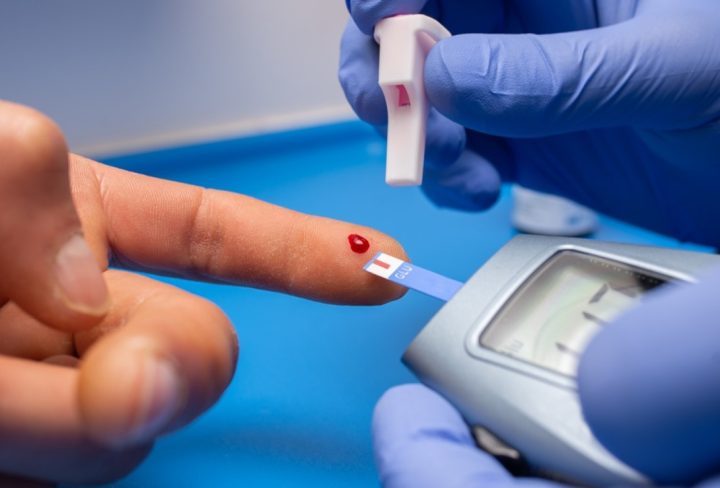Diabetes reversal is about getting your blood sugar levels back to a non-diabetic range without relying on diabetes medication. It’s important to note that while diabetes can often be put into remission, it’s not the same as a permanent cure.
By reversing diabetes, individuals can mitigate the long-term risks associated with high blood sugar, such as cardiovascular disease, nerve damage, kidney issues, and vision problems, thereby playing a proactive role in their long-term health management.
Diabetes reversal is not just a myth; it’s a real, achievable goal. Let’s embark on a journey to understand how you can turn back the clock on diabetes.
The Role of Lifestyle Choices
Lifestyle changes are at the heart of reversing diabetes. Here’s what you can do:
- Healthy Eating: A balanced diet low in processed foods and sugars, rich in fruits, vegetables, whole grains, and lean proteins can be a game changer. Small, consistent changes in your diet can lead to significant improvements in blood sugar control.
- Regular Exercise: Incorporating regular physical activity helps in managing weight and improves insulin sensitivity. It doesn’t have to be intense; even a brisk daily walk can work wonders.
- Weight Management: Losing weight, especially if you’re overweight, can dramatically improve diabetes symptoms. Even a 5-10% reduction in body weight can make a significant difference.
Medical Approaches and Support
Medication might still play a role in your journey. Consulting healthcare professionals for personalized advice is crucial. They can guide you on the right path and adjust medications as necessary.
- Medication Optimization: Adjusting medications under medical supervision, potentially reducing or eliminating the need for diabetes medication.
- Continuous Glucose Monitoring (CGM): Provides real-time feedback on blood sugar levels, allowing for more precise management.
- Insulin Therapy Adjustments: For those on insulin, adjusting dosages in response to lifestyle changes is vital.
The Power of Monitoring and Consistency
Regular monitoring of blood sugar levels helps in understanding how different foods and activities affect your body. Consistency in your efforts is key. Remember, it’s a marathon, not a sprint.
Conclusion
Reversing diabetes isn’t just about numbers on a scale or a glucose meter; it’s about reclaiming your health and improving your quality of life. With determination, the right lifestyle changes, and medical support, turning back the clock on diabetes is within reach.
Remember, every journey is unique. Celebrate your small victories and don’t get discouraged by setbacks. Your path to a healthier life awaits!



